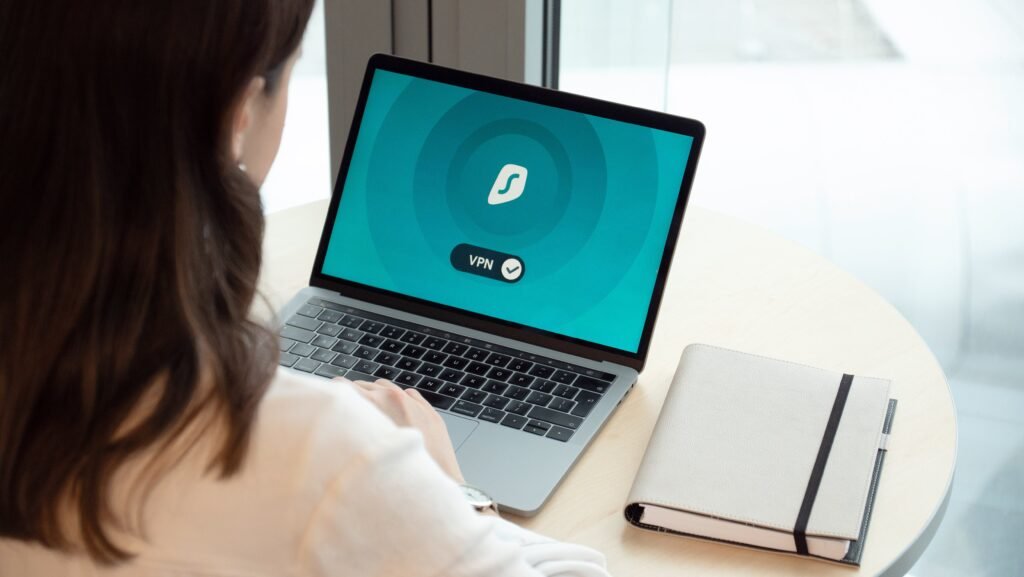
In the rapidly evolving landscape of cybersecurity, ethical hackers rely on cutting-edge tools to identify vulnerabilities, assess security risks, and strengthen defenses against cyber threats. As we step into 2024, let’s explore the top 10 ethical hacking tools that are shaping the industry and empowering cybersecurity professionals to stay ahead of emerging threats.
1. Metasploit Framework: Metasploit remains a cornerstone in the arsenal of ethical hackers, offering a comprehensive platform for penetration testing, vulnerability assessment, and exploit development. With its vast array of pre-built exploits and payloads, Metasploit simplifies the process of identifying and exploiting security weaknesses in target systems.
2. Nmap (Network Mapper): Nmap continues to be a go-to tool for network reconnaissance and discovery, providing detailed information about hosts, services, and open ports on a network. Its versatile scanning capabilities make it indispensable for ethical hackers seeking to map out network topologies and identify potential attack vectors.
3. Wireshark: Wireshark remains the de facto standard for network packet analysis, allowing ethical hackers to capture, inspect, and dissect network traffic in real-time. With its powerful filtering and decryption capabilities, Wireshark enables professionals to uncover hidden threats and vulnerabilities lurking within network communications.
4. Burp Suite: Burp Suite stands out as the premier toolkit for web application security testing, offering a suite of tools for reconnaissance, scanning, and exploitation of web applications. Its intuitive interface and extensive features make it an essential companion for ethical hackers conducting comprehensive assessments of web-based systems.
5. Aircrack-ng: Aircrack-ng remains a staple in the realm of wireless security, providing a robust set of tools for auditing and cracking Wi-Fi networks. From capturing packets to performing brute-force attacks on encryption keys, Aircrack-ng empowers ethical hackers to assess the security of wireless networks with precision and efficiency.
6. John the Ripper: John the Ripper remains a powerhouse in the realm of password cracking, offering fast and efficient algorithms for recovering lost or forgotten passwords. Whether it’s cracking hashed passwords or testing the strength of password policies, John the Ripper continues to be an indispensable tool for ethical hackers tasked with evaluating password security.
7. Hydra: Hydra stands out as a versatile and multi-protocol password cracking tool, capable of launching brute-force and dictionary attacks against various services and protocols. From SSH and FTP to HTTP and SMB, Hydra empowers ethical hackers to test the resilience of authentication mechanisms across diverse environments.
8. Sqlmap: Sqlmap remains the go-to tool for automated SQL injection detection and exploitation, enabling ethical hackers to identify and exploit SQL injection vulnerabilities in web applications with ease. With its comprehensive feature set and intuitive interface, Sqlmap streamlines the process of assessing and securing databases from potential attacks.
9. Nikto: Nikto stands out as a powerful web server vulnerability scanner, capable of identifying a wide range of security issues and misconfigurations in web servers and applications. From outdated software versions to exposed sensitive files, Nikto empowers ethical hackers to uncover potential weaknesses that could be exploited by attackers.
10. Hashcat: Hashcat remains an essential tool for cracking cryptographic hashes and recovering plaintext passwords from hashed data. With support for a vast array of hashing algorithms and optimization techniques, Hashcat enables ethical hackers to tackle even the most challenging password hashes with speed and efficiency.
How UpskillYourself Can Help: At UpskillYourself, we understand the importance of staying ahead in the ever-evolving field of cybersecurity. Our comprehensive AI and cloud courses cover a wide range of topics, including ethical hacking tools and techniques. With hands-on labs, real-world projects, and expert guidance, UpskillYourself empowers aspiring cybersecurity professionals to master the latest tools and methodologies used in the industry.
FAQs:
- What is ethical hacking, and why is it important? Ethical hacking involves legally and ethically testing the security posture of systems, networks, and applications to identify vulnerabilities and strengthen defenses against cyber threats. It plays a crucial role in proactively identifying and addressing security weaknesses before they can be exploited by malicious actors.
- What are the prerequisites for learning ethical hacking? While there are no strict prerequisites for learning ethical hacking, a solid understanding of networking, operating systems, and programming languages can be beneficial. Additionally, familiarity with cybersecurity concepts and tools can help aspiring ethical hackers navigate the field more effectively.
- Are ethical hacking tools legal to use? Ethical hacking tools are legal to use when employed for authorized security testing purposes, such as penetration testing and vulnerability assessment. However, it’s essential to obtain proper authorization before conducting security assessments to ensure compliance with relevant laws and regulations.
- How can I become certified in ethical hacking? Several organizations offer certifications in ethical hacking, such as the Certified Ethical Hacker (CEH) and Offensive Security Certified Professional (OSCP). To become certified, individuals typically need to pass a rigorous exam that tests their knowledge and practical skills in ethical hacking techniques and methodologies.
- What career opportunities are available in ethical hacking? Ethical hacking opens up various career opportunities in cybersecurity, including roles such as penetration tester, security analyst, security consultant, and incident responder. As organizations increasingly prioritize cybersecurity, the demand for skilled ethical hackers continues to grow, offering ample opportunities for career advancement and specialization.





